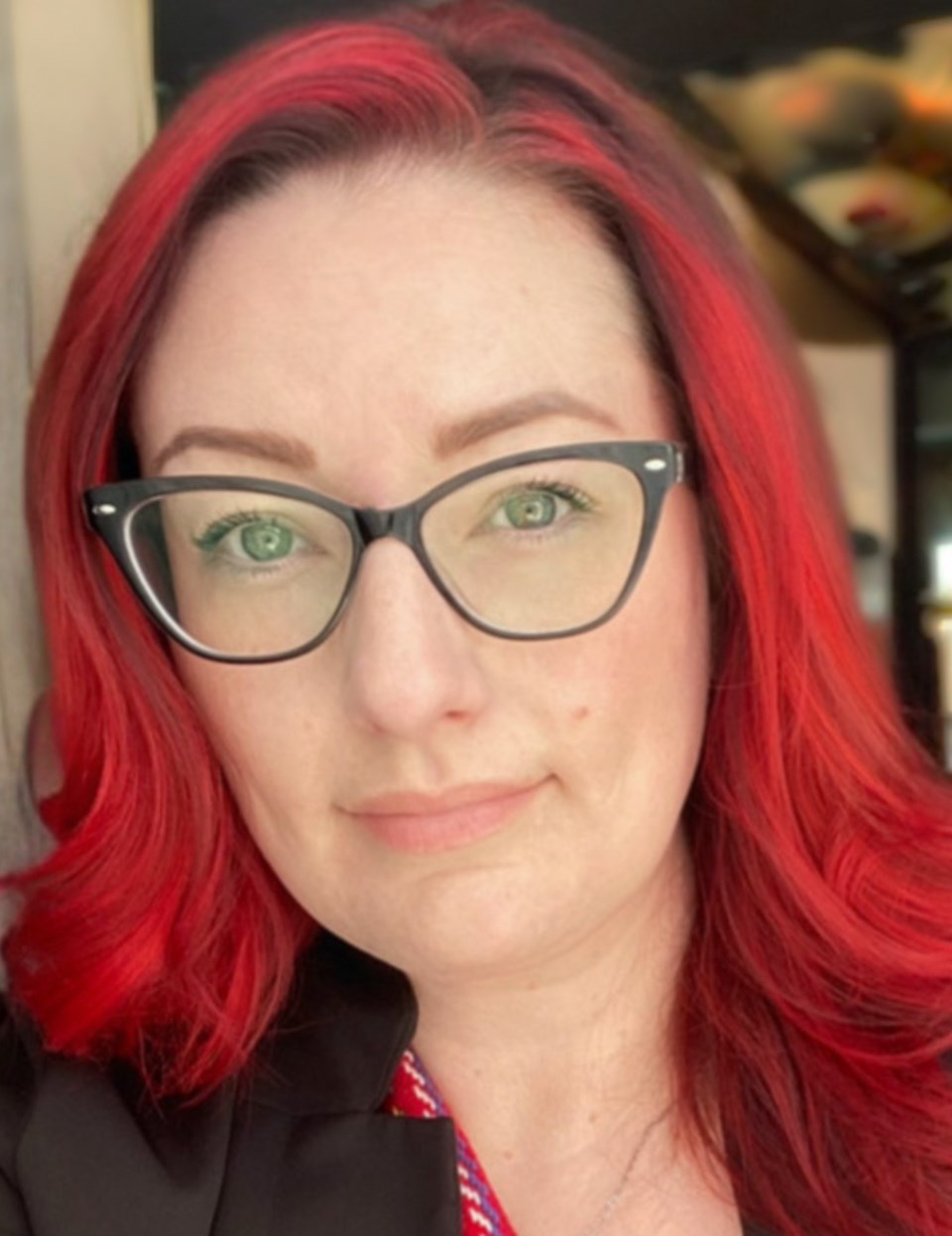For Métis residential school researcher Kerri Randolph, it is important to acknowledge wrongs of the past and those who led the way in sharing stories, experiences and knowledge.
The Edmonton researcher is giving a 45-minute public talk on the History of Youville Residential School on Saturday, Sept. 7 at Musée Heritage Museum.
This special speaker event is partnered with the museum’s main exhibition, Hear Out Voices: Michel People & Residential Schools.
Randolph will discuss the history of the Youville Residential School site, how it operated and its impact on Indigenous families and Nations as a whole.
“The site itself was very complex. It had 14 different name changes in the time it was built and closed. It was a convent, an orphanage and a preventorium where they would quarantine children,” said Randolph.
Initially from Fort Vermilion, she always took great pride in her Métis heritage. Her father was the first Indigenous fire chief in Edmonton and she graduated from Archbishop O’Leary High School and attended the University of Alberta.
However, it was the May 2021 findings of ground-penetrating radar in the former Kamloops Indian Residential School of 215 possible human remains in unmarked graves that awakened a deep desire to learn more about Indigenous history. This prompted Randolph to volunteer at St. Albert’s Métis Local 1904.
“I wanted to help out in whatever way I could. It was very important to me personally,” she said.
Although no longer volunteering with Métis Local 1904, Randolph has waded through a vault full of information. She's conducted research centering on the National Centre for Truth and Reconciliation reports, spoken with the Confederacy of Treaty 6 Nations, chatted with more than 100 survivors, and read archival material from City of St. Albert and the museum.
“I want to keep my talk as factual as possible. I’ll be showing some images and sharing narratives from Father Lacombe. I’ll be showing the land mass the Catholic Church owned and I will show maps. I’ll show what happened during the name changes, the tuberculosis breakout, government changes and management. And I’ll have photos to share. And I’d like to create a map from specific locations where children were taken.”
“One of the challenges we’ve had are the hundreds of thousands of documents that could take a decade to go through. A lot of records at Youville were kept in quarterly returns and often written in French which we translate into English. Everything was handwritten in ink, but over time the ink has bled through and made it difficult to read.”
In addition, Randolph notes that a complete picture of Youville’s history may be years in the making.
“Records are all over the country. Letters were received and sent to Indian agents. Letters from the nuns were sent to the Oblates in Quebec. Some of the originals are in Canadian government archives. Others are in personal collections. Getting access to all the necessary material could take years.”
Since the Kamloops discovery, discussions around reconciliation have become mainstream. However, Randolph wonders if reconciliation is possible unless Indigenous suffering is acknowledged.
“People know about Founders’ Walk. But there’s new information that’s come up in the last few years and there is a lot to learn.”
She views the research as “sacred work. We need to put traditional models aside and listen to survivors. We call this ‘heart work.’ Not hard work.”
This free speaker event starts Saturday at 3 p.m. at Musée Heritage Museum located in St. Albert Place.




